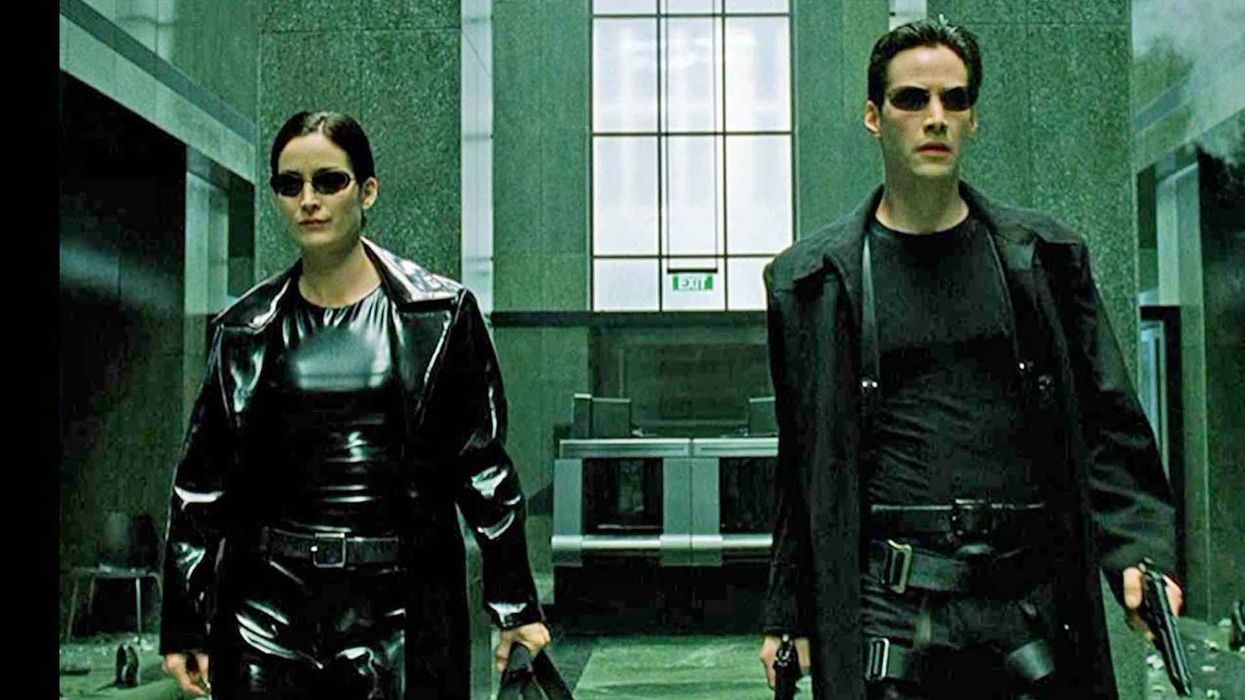How Did the Wachowskis Write 'The Matrix'?
What was it like stepping into The Matrix for the first time?

Do you remember what life was like before The Matrix? The movie came out when I was in 7th grade, and I remember begging my parents to take me to see it. I wound up having to wait until it dropped on DVD in 8th grade, and I watched it at home on a shitty box TV set—and still, my entire world was changed.
The Matrix was a formative movie for many who are coming up in Hollywood. It was an announcement that a new era of movies was about to dawn. But no one knew it at the time. While we all focus on the special effects and direction, none of this would have been possible without the writing.
Whether you're working on the next landmark science fiction idea or just want to get inspired, there's a lot you can learn from the Wachowskis.
Check out this video from Behind the Curtain and let's talk after.
How Did the Wachowskis Write The Matrix?
After their success with Bound, the Wachowskis were able to convince the studio that they should be behind the camera directing The Matrix. It helped that it was the hottest script in town with people like Will Smith and Val Kilmer circling. Eventually, their team landed with Keanu Reeves and Laurence Fishburne. People everywhere were excited to learn what The Matrix was... but how did we get here?
These siblings from Chicago have spent their lives studying movies and storytelling. They watched things from all over the world, learning that audiences were hungry for something more than just a dumb action movie. Viewers wanted to be challenged and to see a little blip of the future.
The Wachowskis were adamant that the way they could do this was to convince everyone around them to learn what they knew. Whether that was teaching Kung Fu to the cast or working closely with stunt people and cinematographers to perform at the top of their game. People were not used to western movies taking all these influences from the east and putting them onto the screen. But the Wachowskis had that vision.
They put that on the page, working with one another to discuss not only influences but all the media they saw happening with the rise of the internet, addressing the question of who we are in the world. It was a story that opened these conversations and more.
I love how they anthropomorphized computer programs and tech-speak, bringing what felt futuristic and cold and adding emotion and stakes behind these stories. It was a new perspective that was fresh and unique from visionaries who were steadfast in what they wanted to do.
What are your experiences with the film? Let us know in the comments.
Source: Behind the Curtain











